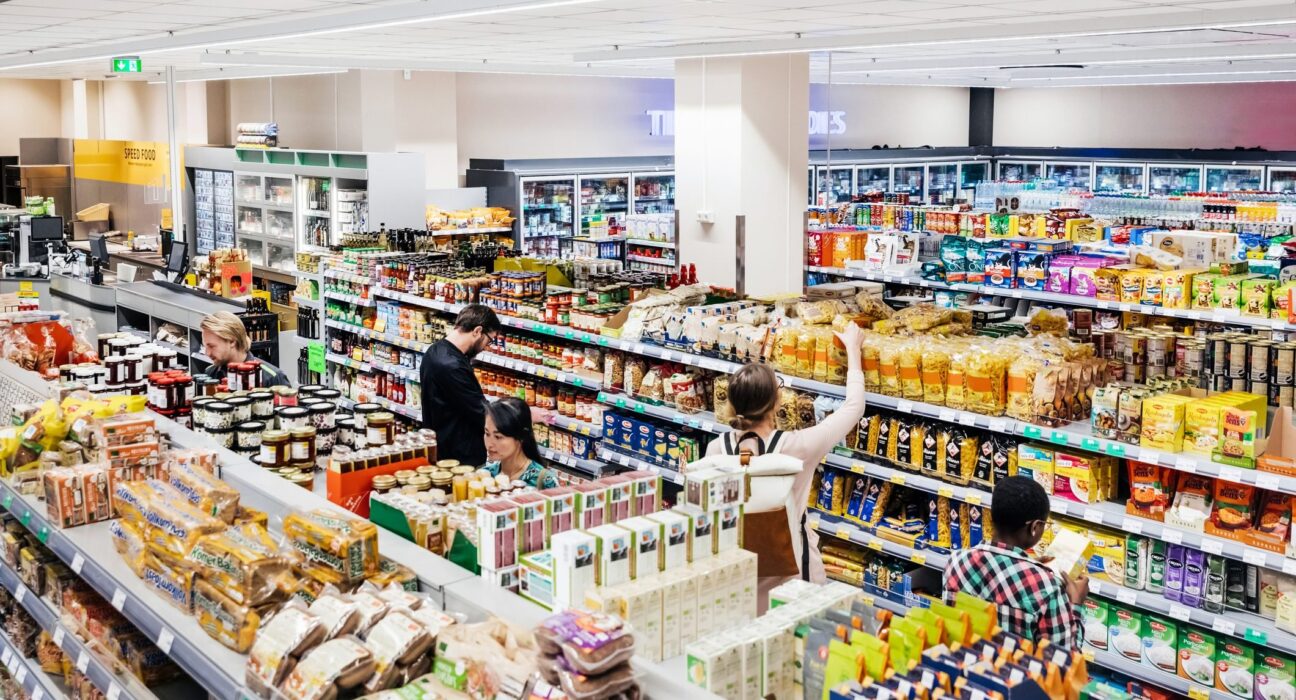Pandemic helps omnichannel retail mature

New Delhi: The pandemic has clearly shifted how consumers in India shop. Markets experts said that 2022 was somewhat of a banner year for omnichannel retail as the entire ecosystem of shopping, payments, and logistics reached greater levels of maturity. Meanwhile, the popularity of direct-to-consumer brands, the pick-up in quick commerce, deeper reach and availability of brands across the country’s smaller cities, and further consolidation in the retail and packaged goods market were among the key defining trends for the year.
Two consecutive years of the pandemic have led brands to ensure greater availability of their goods online. This has further intensified the convergence of online and offline retail, a trend that companies and experts said will define the next decade of shopping.
“The first wave of omnichannel was largely about the fashion and lifestyle categories, food and grocery were difficult and less viable. But quick commerce has allowed for food and grocery, which has been a more recent phenomenon. I think that’s really changing the overall shopping behaviour and the fulfilment model of omnichannel,” said Angshuman Bhattacharya, partner and national leader, consumer products and retail, EY India. Bhattacharya said that brands are now looking at connected commerce more closely.
“The big question brands are asking is how do offline and online really come together, i.e. how do consumer needs get sensed very early on, and how do multiple modes of delivery really converge from a brand’s perspective,” he said.
Meanwhile, brands are also looking beyond traditional retail to explore other ways of reaching consumers. “Brands now have access to multiple channels, including B2C e-commerce, B2C commerce, quick-commerce, and food tech,” he said. There is a transformation happening in modern trade integration, with the likes of JioMart that are not only looking at it as modern trade but also enabling kirana stores and integrating B2B wholesale. There’s full convergence of multiple channels at play,” he said.
Damodar Mall, CEO, Grocery Retail, Reliance Retail Ltd, said that post-covid digital habits have become far more mainstream. “I think digital habits have become far more mainstream. Whether it is digital payments, the ease with which people are familiar with buying digitally when required—some of that stays. This habit we see even in smaller towns. The sense of normalcy in consumption also returned this year. People are happy to return to stores and participate in sale events,” said Mall.
Meanwhile, commenting on the democratization of shopping channels, Mall said shoppers are now buying across platforms.
“There is no such thing as a kirana or a supermarket or an e- commerce household. Each household buys across channels depending on the occasion and convenience. Will well planned shopping work or will quick shopping work or will subscription-based shopping work for grocery? I think the models are yet not conclusively formed,” he said.
Large retailers, too, are capitalizing on this shift. Earlier this year Tata Digital, the wholly-owned unit of Tata Sons, unveiled the country’s first super app Tata Neu. Then earlier this month, Reliance Retail acquired German retailer Metro AG’s India business of 31 wholesale cash and carry stores. The move is set to strengthen the retailer’s business-to-business play as well as give a fillip to the retailer’s omnichannel model. Other announcements, too, defined internet commerce in the country in 2022. In August, Meta and Jio Platforms announced the launch of the first-ever shopping experience on WhatsApp, which will allow consumers to shop from JioMart right within their WhatsApp chat.
In 2022, food and beverages major PepsiCo witnessed a “seismic shift” in omnichannel growth with sales significantly outpacing in-store growth across metro cities, said Ahmed ElSheikh, president, PepsiCo India. “Our product portfolio in foods and beverages are in high demand and the digital consumer category continues to expand with brands building value proposition in a socially networked world thereby significantly driving growth for PepsiCo India,” ElSheikh said.
Fast-moving consumer goods makers witnessed a volatile year as the war in Ukraine drove up prices of key commodities at the onset of the year. Higher prices have hurt domestic demand, a trend that brands hopefully will reverse in the second half of the current fiscal. However, companies also stepped-up launches of direct-to-consumer brands as well as platforms as they capture a shift in consumer demand. Meanwhile, ElSheikh said the company continues to witness strong demand from rural India.
“This is largely due to labour migration, increased digital penetration, and enhanced distribution of our portfolio and rural India switching from unbranded loose products to branded ones,” he said.
Ajoy Chawla, CEO, of Titan Company’s jewellery division, said that the consumer’s omnichannel journey is now “well entrenched”; for retailers, it means a strong convergence of physical and digital retail.
For the country’s largest organized jewellery retailer, 2022 was a “fulfilling” year for the business despite some volatility along the way. Meanwhile, Chawla said that continued formalization of the industry, a steady shift towards ‘premiumization’, as well as the emergence of a significant Gen-Y and Gen-Z segment of shoppers seeking fuss-free adornment will drive up demand for the company in the coming year.
Manish Sharma, chairman, Panasonic Life Solutions India and south Asia said that 2022 was a mixed bag for the economy. “While on one hand there was a resurgence of economic activities, consumer spending, positive sentiments, and celebrations after two years in India, on the other hand, geopolitical tensions and inflationary pressures loomed upon the global economy,” he said.







